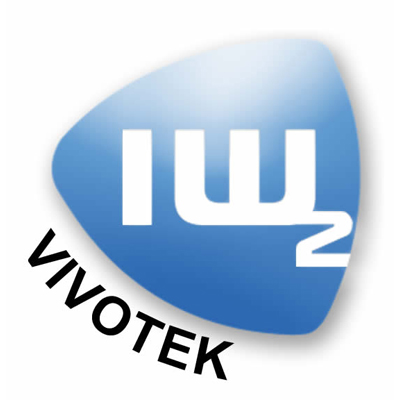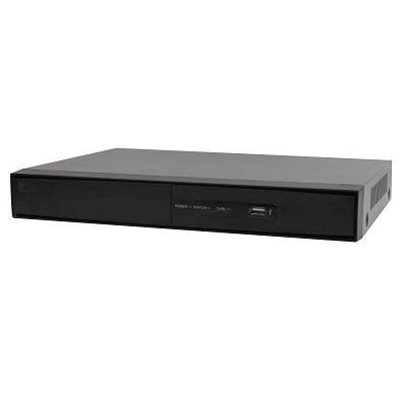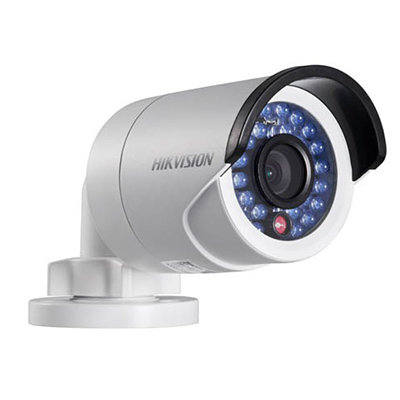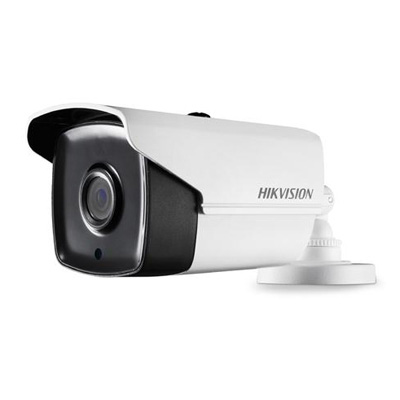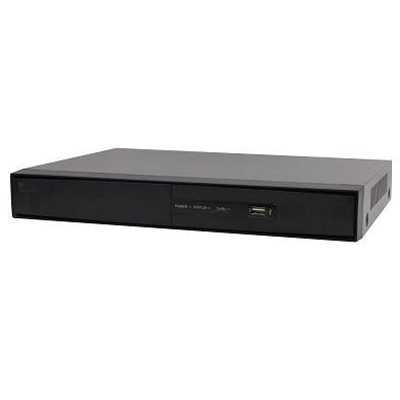ASSA ABLOY Access Control has introduced a new innovation to the Aperio portfolio to allow glass doors to benefit from the innovative wireless access control solution.
Aperio is designed to upgrade mechanically locked doors and wirelessly connect them online or offline to new or existing access control systems, with minimal modification to doors and premises, offering a cost effective and simple security upgrade.
A new easy-to-install plate allows glass doors to be fitted with an Aperio euro-profile escutcheon. The glass door is then integrated into the building’s wireless access system, and works with multiple RFID technologies.
Damian Marsh, Managing Director of ASSA ABLOY Access Control said: “Stylish, contemporary glass is notoriously difficult to fit with wires access control. This innovative extension to the ASSA ABLOY Aperio range now allows security managers the unique opportunity to equip meeting rooms, frosted offices doors and other interior glass with the latest in integrated access control, without affecting building aesthetics.”








